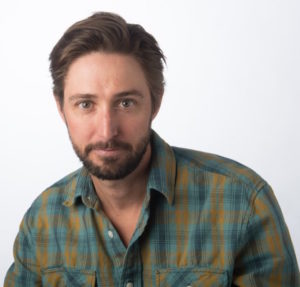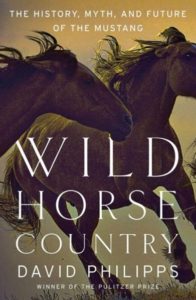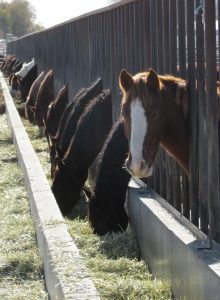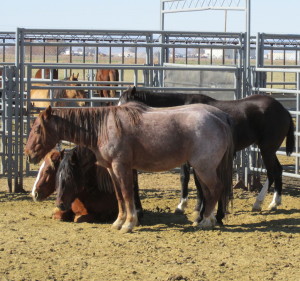Editor’s Note:

David Philipps
New York Times reporter, David Philipps, is the author of Wild Horse Country: The History, Myth, and Future of the Mustangs.
Taking on a topic that’s rife with politics, intransigence, and polarizing factions, Philipps manages the near-impossible: an intriguing through-narrative with fair and compelling chapters. “Fair” is a small, modest word to describe a thoughtful, thorough look at a complicated, often misunderstood, and storied topic. Watch Philipps in this promotional video here. We spoke by phone.
Check out our index of Mustang topics here
Maddy Butcher: Ben Masters, who serves on the BLM’s National Wild Horse and Burro Advisory Board, voted to recommend euthanizing horses in holding. What did you think of that board’s recommendation?
 David Philipps: I think you can look at it in a couple ways. I don’t think you can look at it as a realistic solution because you could never politically do it. Even if you genuinely thought it was a good idea as a Secretary of Interior or as that board, no one is going to approve and implement that plan because it would be so wildly polarizing.
David Philipps: I think you can look at it in a couple ways. I don’t think you can look at it as a realistic solution because you could never politically do it. Even if you genuinely thought it was a good idea as a Secretary of Interior or as that board, no one is going to approve and implement that plan because it would be so wildly polarizing.
Are there advantages to eliminating the horses in holding through whatever means? There are huge advantages from a policy perspective, because, then, all of a sudden, you would have money to implement a different management strategy on the ground. The problem is that if you eliminated all of them and you set up a system where it is okay to sell gathered horses to slaughter, would you ever come up with a non-slaughter policy on the ground, using PZP, or encouraging predators or something like that? I doubt it because then you’ve got a really easy solution that’s far easier than developing a PZP program or something.

Horses at holding facility in Delta, Utah
If you can just round up and kill, that’s probably the cheapest and easiest thing for the BLM to do, so I doubt they would do anything else.
So, it is both enticing as a way to save money and get the program back on track and deeply problematic. I don’t see any real discussion on ‘if we did it, how would we do it’ and ‘if we did it how would we stop’
I think it’s a no-go.
It’s worth noting that there were real discussion of doing this in the 70’s, 80’s, 90’s, and 2004 . And nothing ever happened. That should give us some indication on the likelihood that this is going to occur.
MB: Can you compare the mustang crisis to any other American issue, in terms of how polarized and politicized it is?
DP: I think it’s really similar to the wolf issue. You’ve got a federal policy that’s deeply unpopular with ranchers and rural Westerners and is overwhelmingly supported by the urban-suburban majority. The difference is we don’t round up and store wolves. With horses, it is a much more extensive program. But, in terms of values and the divided values between urban and rural, I think there is real overlap there.
MB: But wolves have always been wild and those horses were once domestic. Like feral cats. Do you think most people fail to make that distinction?
DP: I thought a lot about this. It’s really interesting. I think this is unique to North America. We have this idea of the native species and the invasive species and we afford rights to one and we don’t afford rights to the other. And I totally understand that and agree with it.
But the question is: at what point does the horse become native?
Coming soon: Part III
Check out our index of Mustang topics here
